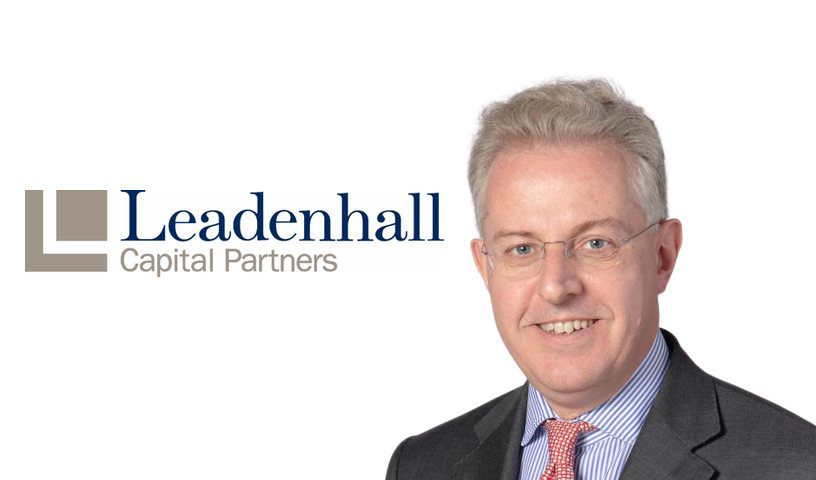Discipline vital in ILS for the sustainability of capital: Leadenhall’s Albertini

With the state of the market viewed as “fragile”, Luca Albertini, Chief Executive Officer and a Founding Partner of Leadenhall Capital Partners, explained to us that discipline is vital in insurance-linked securities (ILS) “for the sustainability of capital.”
Speaking with Artemis in a recent interview, Albertini explained the need to deliver on promises to investors and hold onto the gains that have been made, in price and reinsurance contract terms.
“The key discussion point of the 2023 business performance and renewals is that the industry is just starting to collect the benefits of extensive re-pricing and re-underwriting which helped restore an adequate risk adjusted margin to our business and has eliminated or greatly reduced exposures to frictional losses,” Albertini explained.
Adding, “However, to regain investor confidence we need to keep these improvements sustainable to withstand future events and further recover some of the past loss experience.”
He went on to highlight that the ILS market equilibrium remains fragile at this time, with threats from rising catastrophes and the geopolitical environment.
Albertini said, “The market has been described by many as fragile, and we agree: a medium or big event before the end of the year is likely to bring further dislocation at the January and at the mid-year renewals, but also any evidence of weakening of the resolve from ILS and reinsurers on pricing, terms and conditions is likely to result in some of the fresh capital looking at our space on the back of the current opportunity to withdraw or not to be allocated.
“This could be in capital terms similar to another large to medium sized event hitting the industry. It is vital we keep disciplined for our business and for the sustainability of capital.”
Going on to say that, “Inflation remains a big underlying risk and volatility factor for underlying results. The current geopolitical situation with one major conflict within Europe and one in the Middle East has the potential for further volatility and sustained inflation particularly for the cost of energy.
“Our view of risk needs to take into account the consequences of further inflationary pressures and the possibility of sustained increase in the cost of oil and gas.”
Albertini has said before that the ILS community needs to demonstrate its resolve and discipline, while the performance of ILS strategies must reflect the changes made to the underwriting and investment product offering after recent years of challenging losses.
He reiterated this in our recent interview, explaining that it remains key and the ILS market needs to demonstrate these improvements can be held onto over the coming years.
“The ILS market has contributed to the better discipline in the general reinsurance market both through its reassessment of the view of risk and by generally reducing its exposure to frictional losses and secondary perils. Despite the ILS capacity being relatively stable over the last few years, managers have demonstrated greater discipline and have succeeded in their effort to push back on poor pricing and unfavourable terms and conditions,” Albertini told us. “The key challenge for the ILS sector is to demonstrate that we are building an environment where these changes are sustainable and will be visible also in the 2024 and 2025 and 2026 underwriting years, should investors allocate capital to the sector.”
Albertini went on to explain, “Whilst this is our challenge, it is not a difficult one as I can clearly feel that all players (managers, brokers, cedants) are acutely aware that keeping the discipline is the only way to preserve the sustainability of ILS capital.
“Ultimately the sustainability of capital at relatively stable terms is what the reinsurance industry needs to be able to produce value creative business plans and this is true for managers as well as for cedants.”
He highlighted the need for ILS investment managers, such as Leadenhall, to “become the custodian of the hard won terms and conditions” and to work to “defend our capital against any further weakening,” in order to guarantee the sustainability of capital.
“The ILS capital is now a major portion of reinsurance capital and the threat of a meaningful withdrawal from our investors is likely to create another major dislocation,” Albertini continued.
Cautioning that, “With the strength of this perceived necessity to at least maintain if not further improve current margin and terms and conditions, we are delivering a strong message to this market, that there is no realistic way for the market to return to its old terms, whilst keeping the additional capital raised.”
Read all of our interviews with ILS market and reinsurance sector professionals here.






